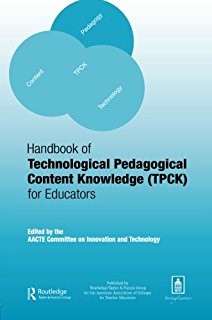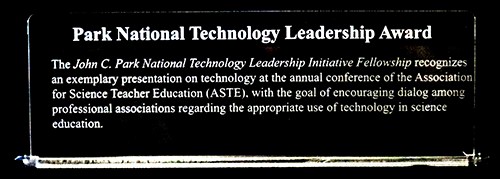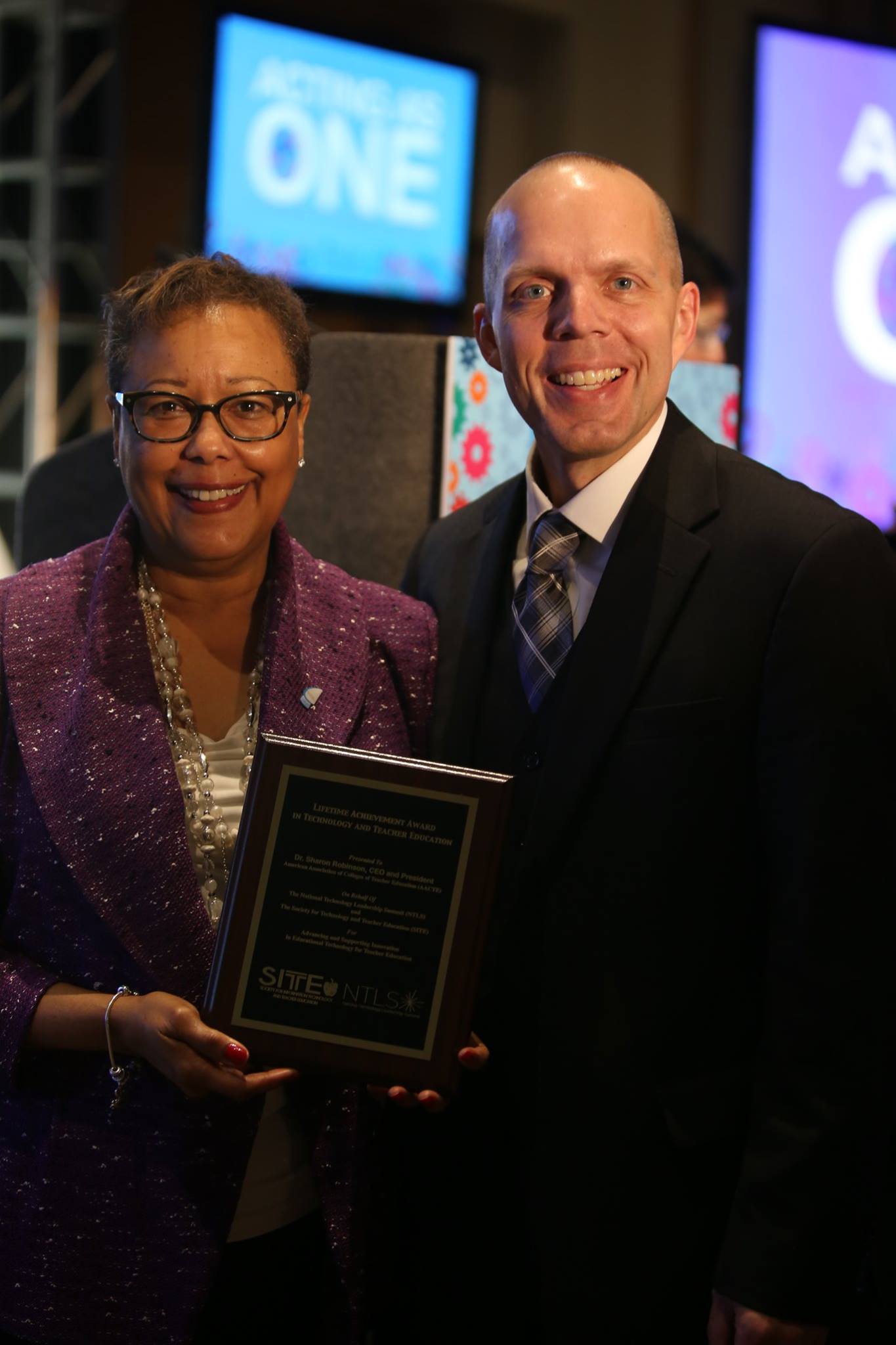History

How did NTLS get to where we are today?
The National Technology Leadership Summit (NTLS) is a consortium of national teacher educator associations working together across disciplinary boundaries. In April 1998, Linda Roberts, Director of the Office of Educational Technology within the U.S. Department of Education, convened a White House Conference on Technology Training for Teachers. The recommendations resulting from the White House conference provided the impetus for the subsequent U.S. Department of Education initiative, Preparing Tomorrow’s Teachers to Use Technology (PT3).
Tom Carroll, director of the PT3 program, outlined a vision for reconceptualization of teacher preparation, describing the challenge in this manner: “Our schools may become marginalized as learning places if they continue to focus only on knowledge transmission, while our workplaces, communities, and homes begin to take full advantage of modern communications and information technologies for knowledge adaptation and generation.” (Carroll, 2000, p. 119)
He suggested the need for coordinated action across teacher educator associations to address this goal. He asked Glen Bull, who had participated in the planning that led to the PT3 initiative, to serve as principle investigator. Funding was provided through a PT3 Catalyst grant for an initial National Technology Leadership Summit (NTLS), held in 2000, that brought the presidents of the teacher educator associations together. The Society for Information Technology and Teacher Education (SITE) provided leadership to organize the meeting and convene the participating associations.
Among other actions, the associations established a peer-reviewed on-line journal, Contemporary Issues in Technology and Teacher Education (CITE Journal), founded to advance research in this area. Tom Carroll published an article outlining his vision for the PT3 program in the first issue, titled, “If We Didn’t Have the Schools We Have Today, Would We Create the Schools We Have Today?” (Carroll, 2000) The Association for Education of Teachers in Science (AETS- Now the Association for Science Teacher Education, ASTE), the Association of Mathematics Teacher Educators (AMTE), the National Council of Teachers of English Conference on English Education (CEE), and the National Council of Social Studies College and University Faculty Assembly (CUFA) also published position papers in this issue with recommendations for effective use of technology in each discipline.
To facilitate dissemination of outcomes, the editors of educational journals published by the associations were invited to participate in NTLS and have played an integral role in its evolution. Reflecting the origins of the coalition, federal policy makers continue to participate in the annual summit. Coalition members also serve as a unique focus group and visionary working network bringing education and industry together to advance joint goals.
Because of the evident benefits of working together across associations, the presidents of participating associations continued to meet at an annual technology leadership summit even after the PT3 program ended. Each association assumed responsibility for travel and funding to allow participating presidents to attend the invitational leadership summit. NTLS has been extremely successful at attaining the sustainability desired in all NSF grant proposals!
For the past decade, NTLS has been hosted by the American Association of Colleges of Teacher Education (AACTE) at an annual meeting in Washington, D.C. Because AACTE has connections with all of the participating teacher educator associations, it serves as a natural locus for the summit. The AACTE Committee on Innovation and Technology has also played a leadership role. This committee took the lead on development of the AACTE Handbook on Technology, Pedagogy, and Content Knowledge with strong collaboration and participation by NTLS associations. At a subsequent NTLS meeting the participating associations adjusted the acronym, updating it to TPACK.

The Handbook of Technological Pedagogical Content Knowledge
Rather than reacting to new technologies, the NTLS associations sought to shape them by partnering with developers to include discipline-specific pedagogical considerations. In its early days, for example, this group sought to capitalize on improved digital imaging capabilities for classroom use. Webcams and digital cameras were becoming affordable enough to deploy in classrooms, but educationally oriented software was needed to enable students to catalog and analyze the images and videos. Other NTLS leadership for integration of emergent technologies into teacher education has included collaboration with Texas Instruments on effective use of digital projectors to support classroom teaching, and with SMART and Promethean on effective use of interactive whiteboards for science and math instruction, among other innovations. The coalition also provided leadership for development of personal digital assistants that anticipated today’s ubiquitous educational tablets.
To encourage and support research at the intersection of technology, pedagogy, and content knowledge, annual NTLS fellowships recognize exemplary papers presented at the annual meetings of the teacher educator content associations (ASTE, AMTE, CEE, and CUFA). In 2016 the NTLS fellowship in the area of technology and science education was designated as the John Park National Technology Leadership Award in Science Education to honor John Park, a science educator who was active in both ASTE and the SITE, bridging the worlds of science education and educational technology.

The Terry Markwart Award for Corporate Leadership was established in the same year to recognize a corporate leader or entrepreneur “who best exemplifies Terry Markwart’s vision and perspective in advancing effective use of technology in teaching and teacher education.” Terry Markwart, director of special markets at Canon, collaborated with John Park and with the NTLS associations on a number of joint initiatives. They collaborated on developing open-source software, such as CameraScope for use in science education. The work borne of this collaboration ultimately led to two books published by the International Society for Technology in Education, Teaching with Digital Images and Teaching with Digital Video.
More recently NTLS has expanded its efforts to encompass preparation of educational leaders to use technology effectively. Joseph South, in his role as director of the U.S. Office of Educational Technology, provided leadership for an NTLS initiative that focused on preparing future teachers and educational leaders to make effective decisions related to evaluation of educational technology products and selection of appropriate technology tools (Bull, et al., 2017). The AACTE Committee on Innovation and Technology developed a related perspective that will serve as the basis for recommendations that will be developed in future leadership summits (Hodges, Carpenter & Borthwick, 2017).
At NTLS 2015, the CEO and president of AACTE, Sharon Robinson reviewed the collaborative efforts of the coalition to advance effective uses of technology in preparation of teachers and concluded, “For these exciting innovations (and surely many more to come), we are indebted to the vision of Tom Carroll, then head of the U.S. Department of Education’s Preparing Tomorrow’s Teachers to Use Technology (PT3) program, who in 1999 anticipated the power of bringing this coalition of teacher educators together around the burgeoning potential of educational technologies. Hosting this annual summit is not only an honor but also a lot of fun, as I marvel at how far we have come in a relatively short time.” (Robinson, 2015)
NTLS is the only venue in which the presidents and leaders of teacher educators associations representing the core content areas and related educational technology associations meet for cross-disciplinary dialog. Consequently the summit continues to serve as a relevant forum for advancing effective uses of technology in preparation of teachers and educational leaders.

On March 3, 2017 at the AACTE National Conference in Tampa, FL. David Slykhuis presented Dr. Sharon Robinson with a Lifetime Achievement Award for her work supporting the advancement of educational technology in teacher education on behalf of the National Technology Leadership Summit and the Society for Information Technology and Teacher Education.
